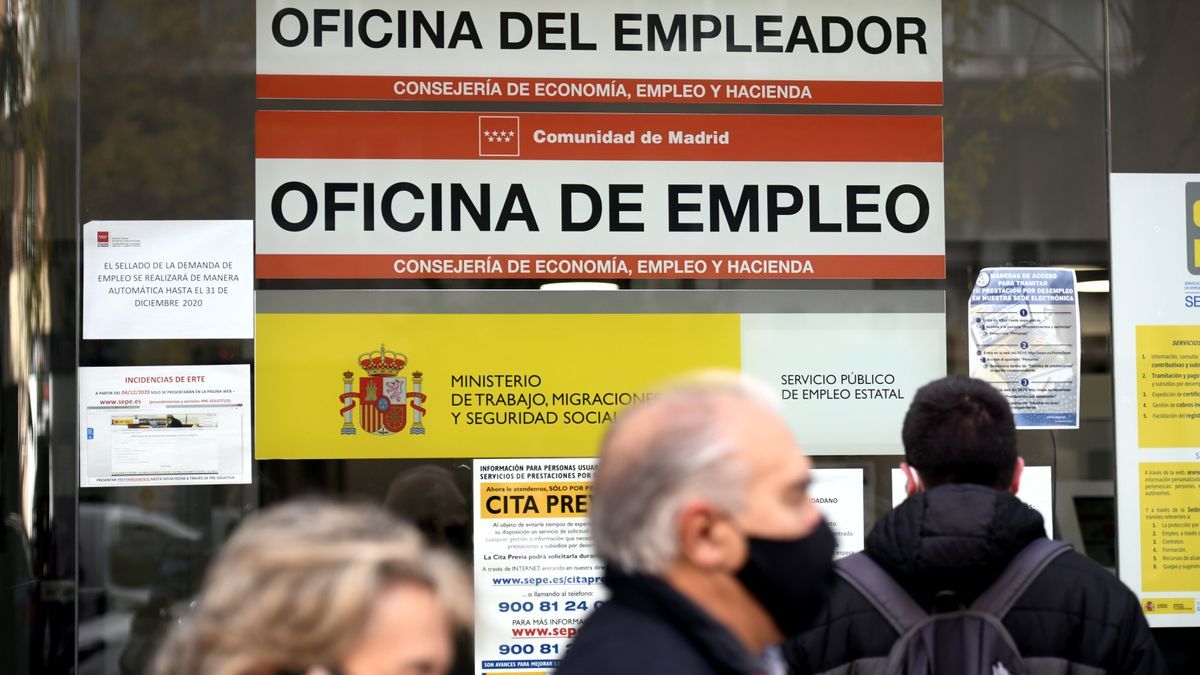The objective of the initiative, which must be negotiated with unions and employers, is dismantle the labor market reform implemented in 2012 by the conservative government of Mariano Rajoy that sought to relaunch a Spanish economy devastated by the 2008 financial crisis.
Critics on the left estimate that this reform triggered job insecurity in Spain, the country with the highest rate of temporary contracts in Spain. Europe. Among its defenders, the employer assures that it allowed to reduce unemployment, which touched 27% in 2013 and currently stands at 16%.
The government of the socialist Sánchez is committed to reviewing its most controversial aspects, such as the possibility of the employer to unilaterally modify the employment contract or the priority given to the agreements of the companies over the collective agreements, which according to the antagonists favored the reduction of the wages.
But the scope of the reform pits coalition partners against each other.
While the Minister of Labor and leader of the radical left, Yolanda Diaz, has promised a “real revolution” in the labor market to “adapt it to the 21st century”, the Vice-President of Economy and former Director of Budgets at the European Commission, Nadia Calvin, is more reticent, without even speaking of “repeal” of the reform of the conservatives.
The employer’s association, which does not hide its fears in the face of the Podemos approach that it considers “Marxist”, has offered its support to Nadia Calviño, accused of “interference” by Podemos for her intention to participate in the negotiations.
“The labor market has a decisive influence on the economy and it is very normal that the Ministry of Economy can also give an opinion,” said Antonio Garamendi, president of the CEOE employer’s association.
This further irritated Podemos, who demanded an urgent meeting from the Socialists of the commission that supervises the implementation of the coalition pact, scheduled for this Monday night.
“There is a part of the government that does not want the labor relations model to be changed, that is to say that the ‘status quo’ be maintained,” Yolanda Díaz, a foreseeable Podemos candidate in the next general elections, launched this Monday, and the end was highly applauded. week by the Workers’ Commissions union, before which he promised to comply “despite all resistance.”
For Antonio Barroso, an analyst at the Teneo cabinet, the Socialist Party “wants a more moderate reform, more in line with what Brussels wants”, but repealing the conservative reform of 2012 was “one of the star promises” of Podemos when it entered the government at the beginning of 2020, and he fears that if he does not comply with it “it will have a negative effect on the ballot box.”
Although tensions are strong, “neither of the two members of the coalition is interested in the government falling,” in view of the advance of the right in the polls, Barroso stressed.
Time is short: Brussels awaits before the end of the year a reform demanded in exchange for the European mega-recovery plan, of which Spain is one of the main beneficiaries with 140,000 million euros (about 162,700 million dollars).
“The labor market has traditionally been a problem in Spain, with many differences between the most protected workers and those with the least protection,” the European Commissioner for the Economy, Paolo Gentiloni, visiting Madrid this week, told the newspaper El País.
“The path chosen by Spain to negotiate with social agents is a good decision. But this does not mean that negotiations are open ‘sine die’. After a while the government must decide,” he added.
David William is a talented author who has made a name for himself in the world of writing. He is a professional author who writes on a wide range of topics, from general interest to opinion news. David is currently working as a writer at 24 hours worlds where he brings his unique perspective and in-depth research to his articles, making them both informative and engaging.




